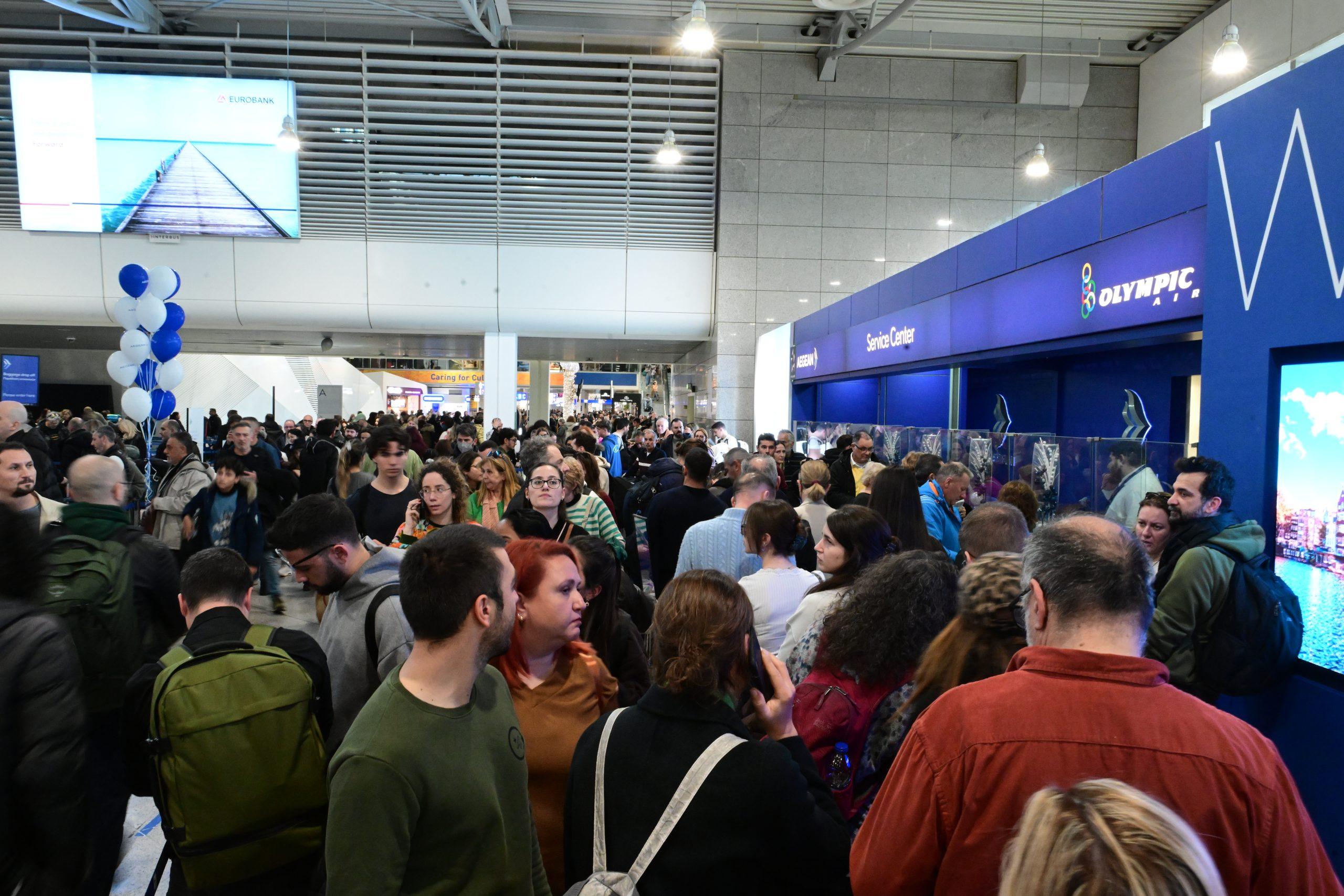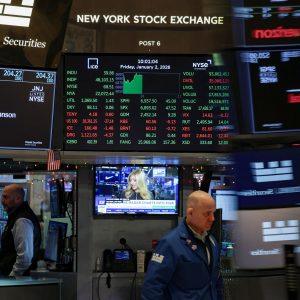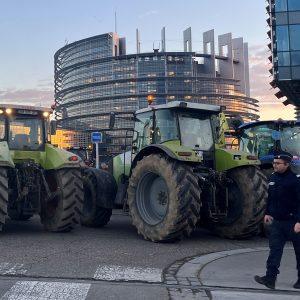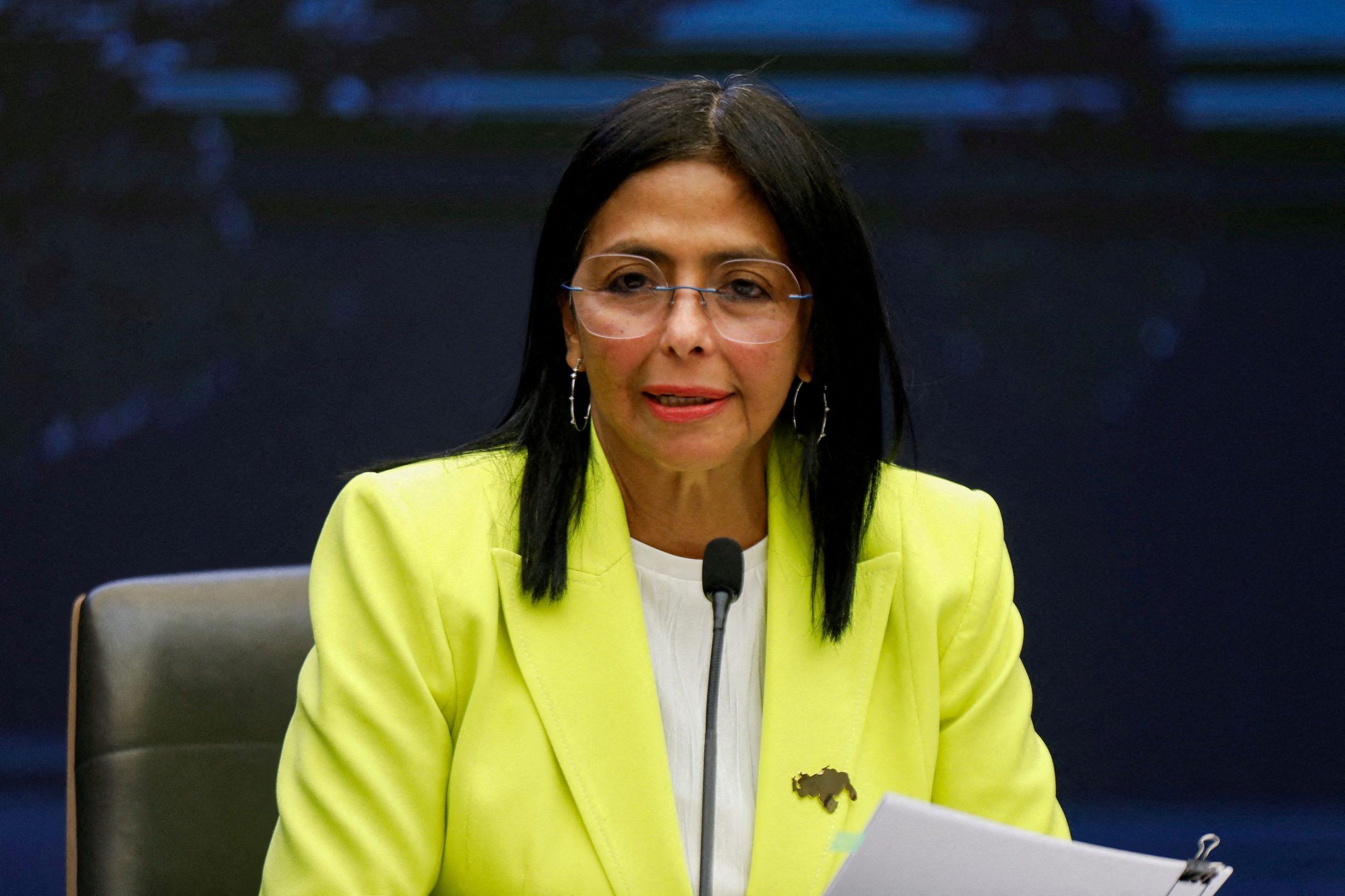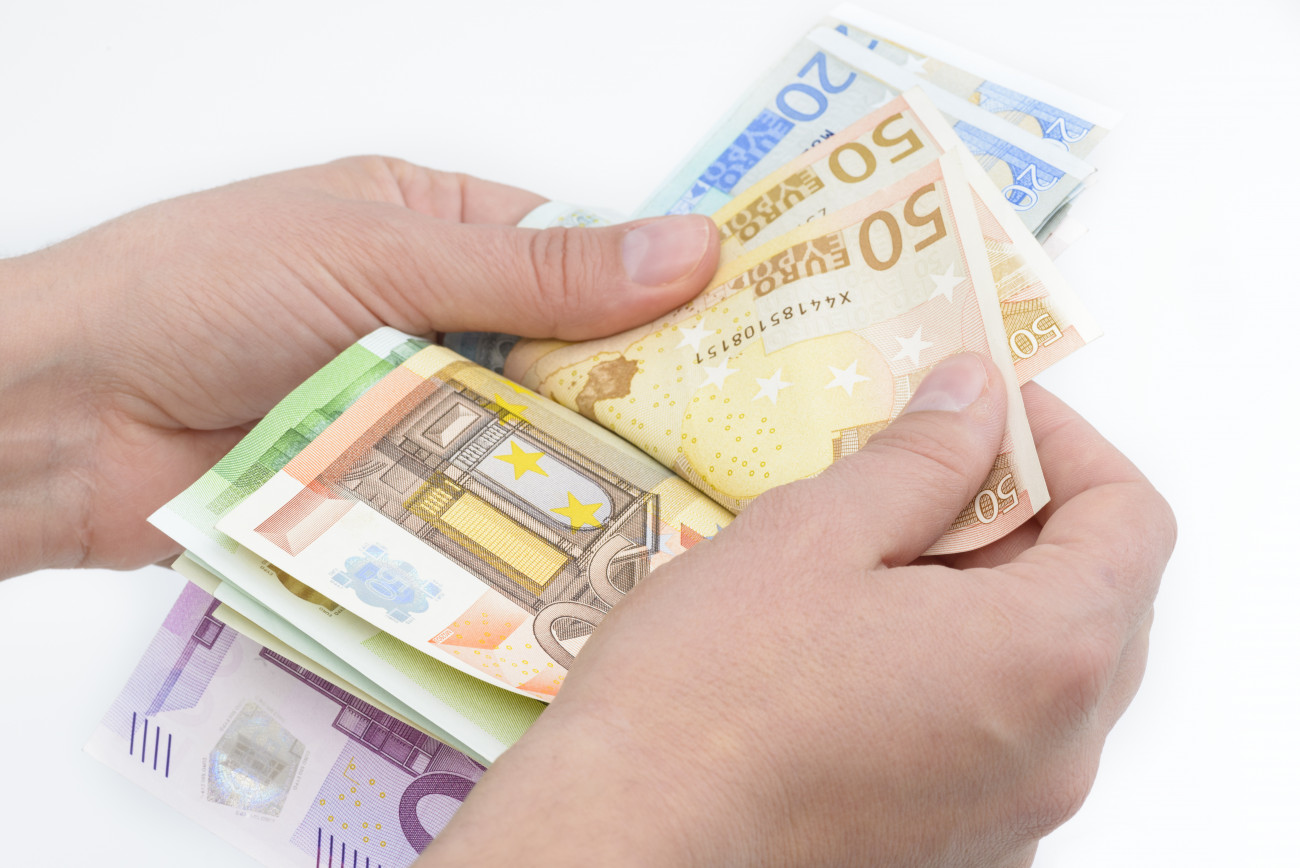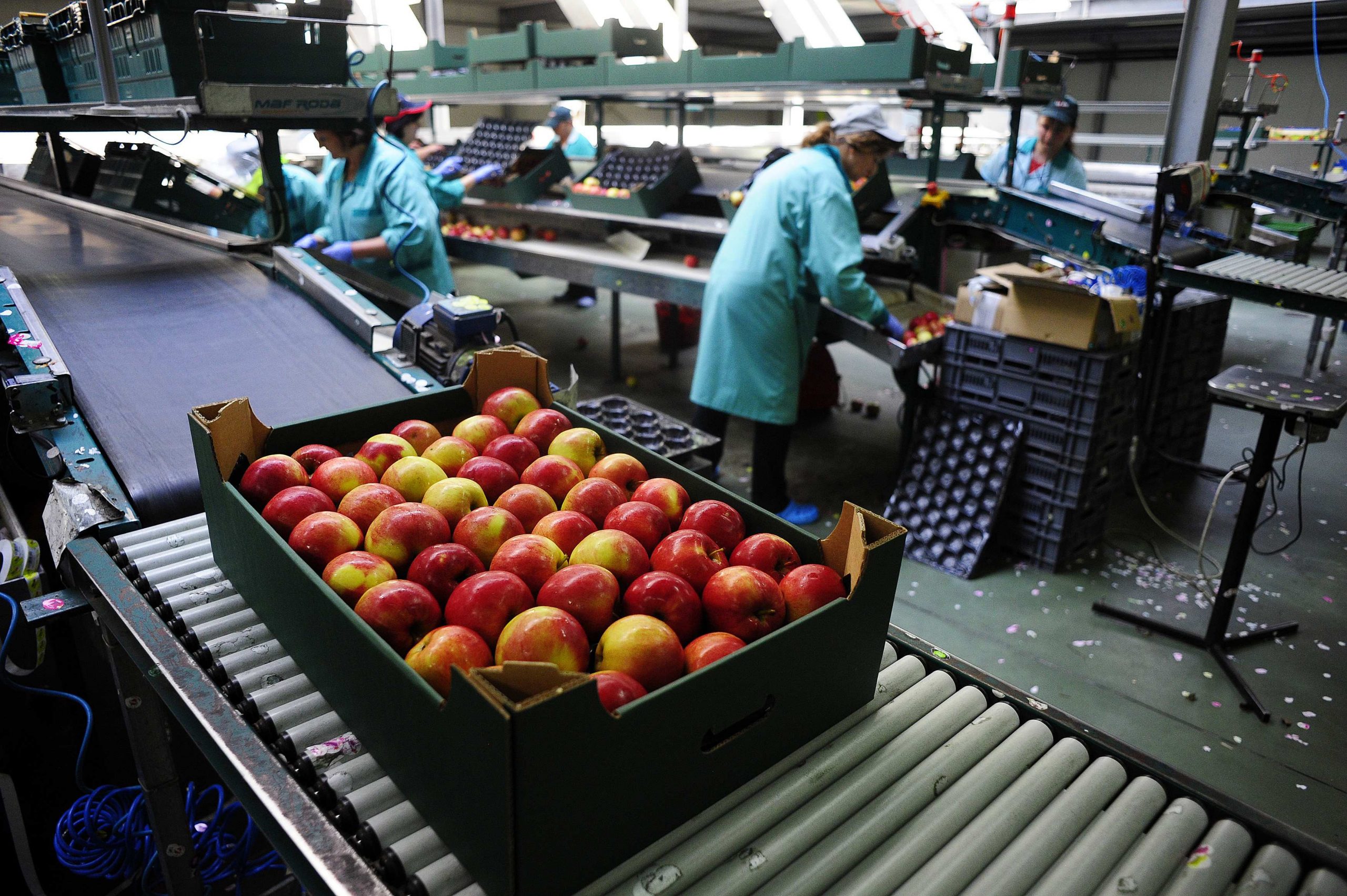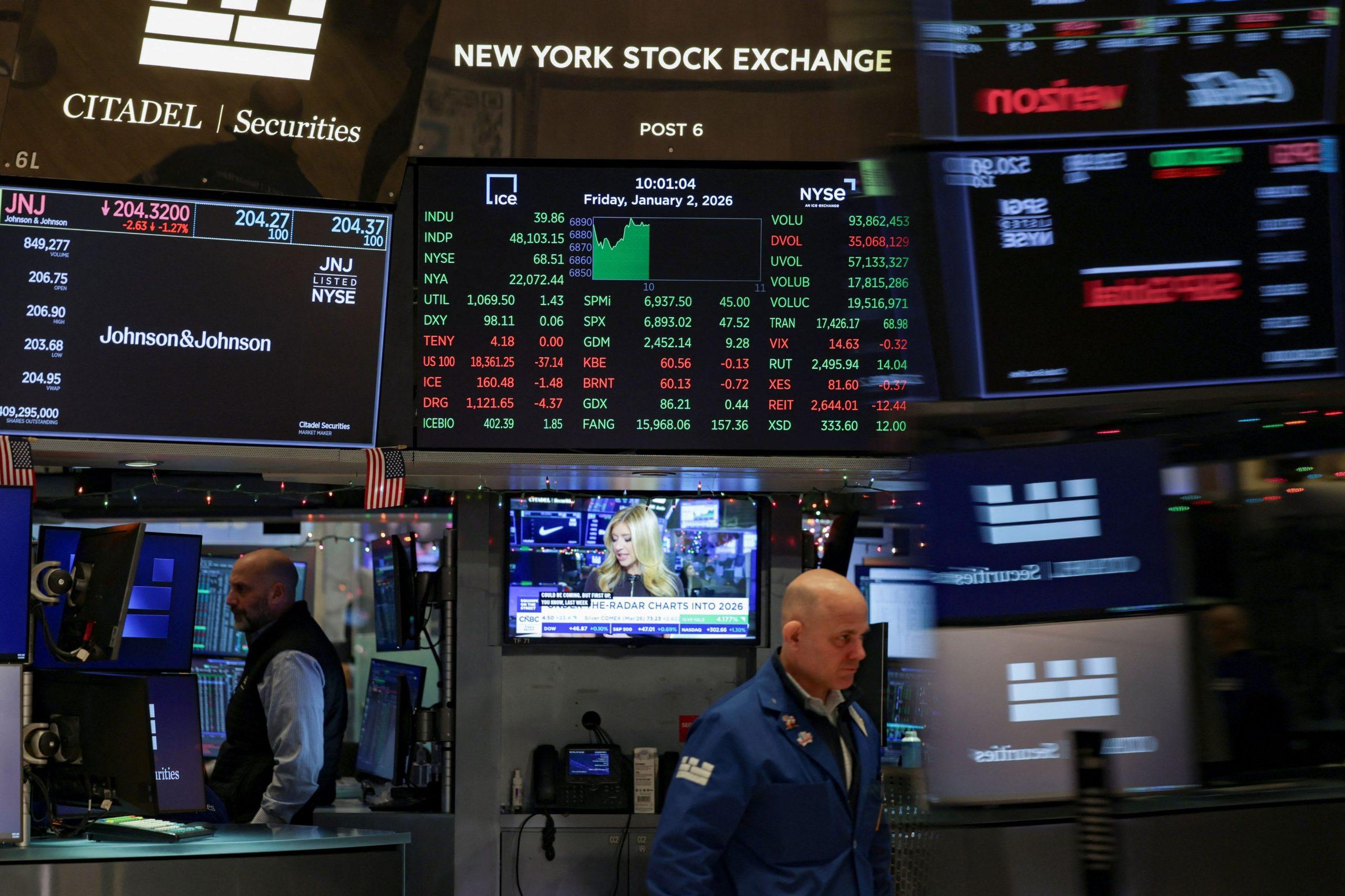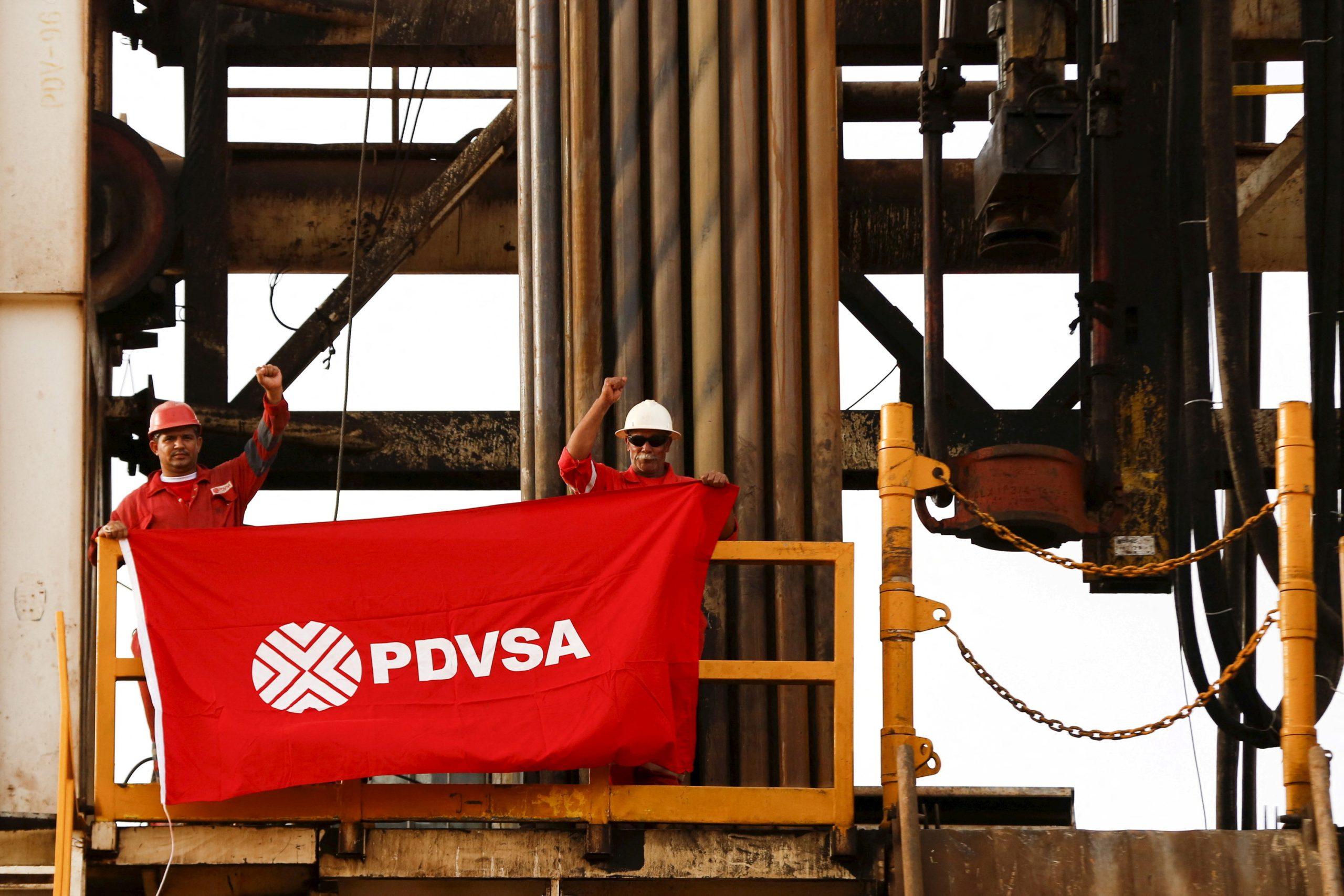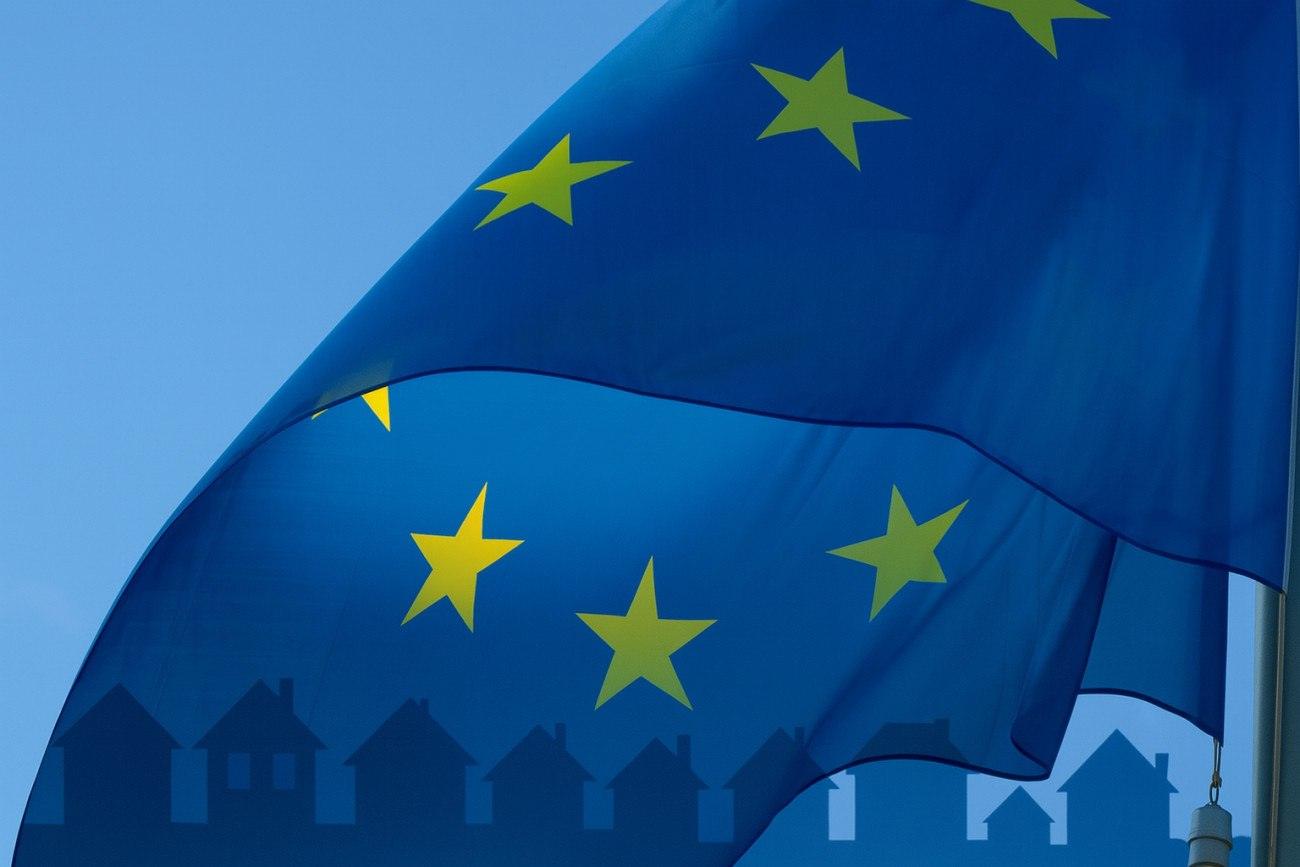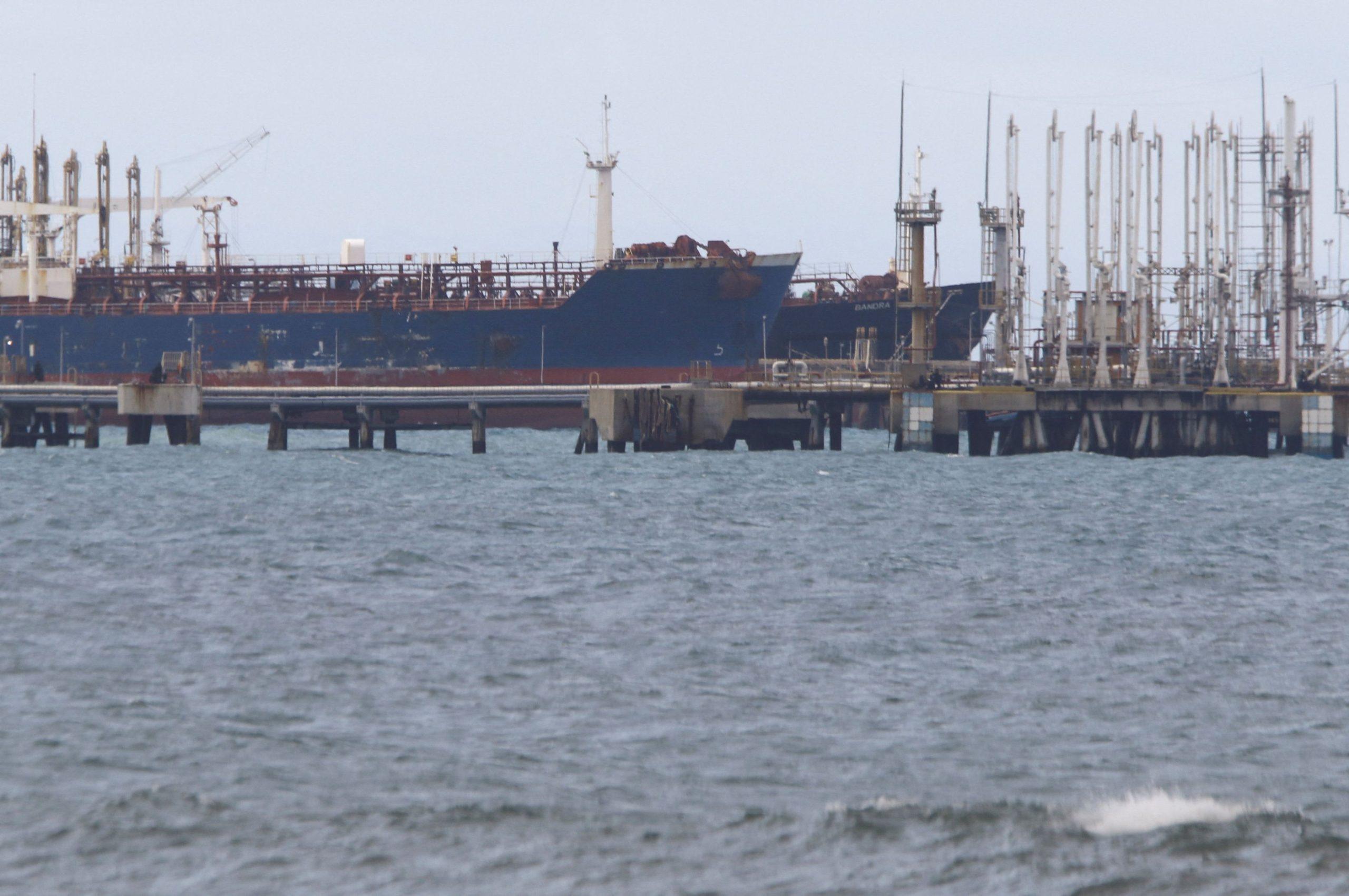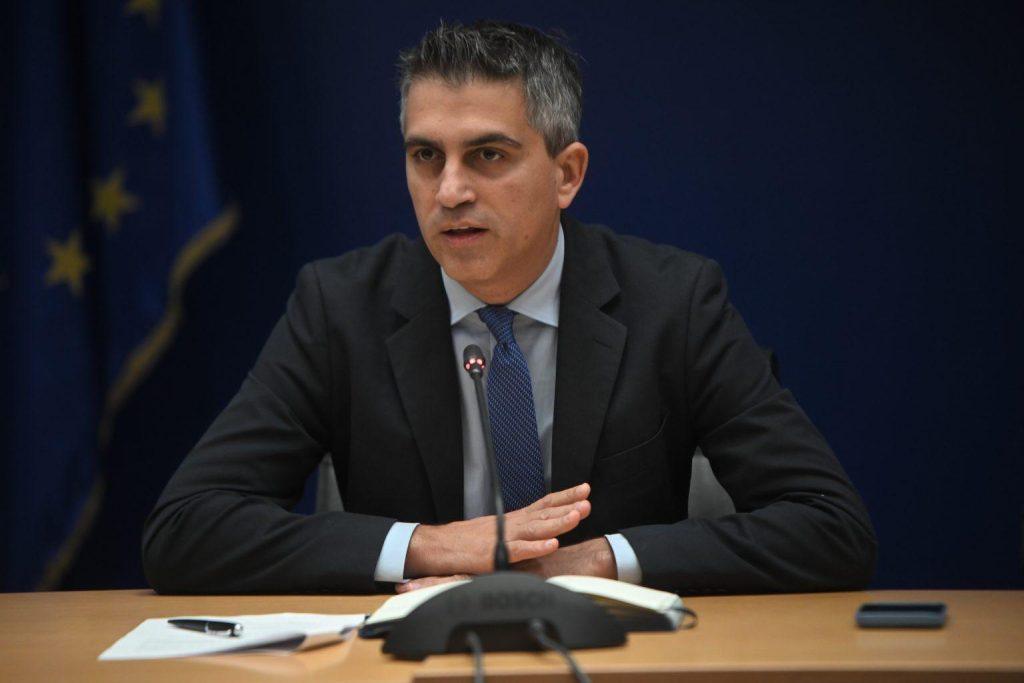With a total contribution to domestic GDP of 1.35 billion euros and 19.7 thousand jobs, the companies of the Hellenic Marine Equipment Manufacturers Association (HEMEXPO) have shown strong resilience to the effects of the pandemic and have positive growth prospects.
The above results from the study of the Foundation for Economic and Industrial Research (IOBE) entitled “Construction of maritime equipment: Trends, prospects and contribution to the Greek Economy”, according to which Greek companies manufacturing maritime equipment produce high value products and services and record significant dynamics in the world market. As is pointed out, a cluster of companies with a strong export character have performed well in recent years, improving their competitiveness.
At the forefront of innovation and producing high quality and value-added products at competitive prices internationally, shipping equipment companies make a significant contribution to the domestic economy.
According to the IOBE study, taking into account the total activity of the members of HEMEXPO, the total contribution of companies to domestic GDP is 1.35 billion euros, while employment was set at 19.7 thousand jobs. An important challenge, however, is the human resources and the coverage of highly specialized positions.
Pandemic resistant
According to the IOBE study, the upward trend of most HEMEXPO business sizes halted in 2020, due to the impact of the COVID-19 pandemic on both the Greek and global economies. However, it seems that the decrease in most sizes was restrained with the result that they are at levels slightly higher than in 2018.
In HEMEXPO’s core business size and due to the pressure of 2020, turnover was reduced by 9.8% to € 340 million, with most of it coming from Sales in Maritime Transport (shipping and related sub-sectors). Despite the decline in exports compared to the past, HEMEXPO companies continue to be considered extremely extroverted, as about 42% of their sales are channeled to the international market. In addition, the companies of HEMEXPO continued in 2020 the implementation of an investment program that mainly concerns purchases in fixed equipment, mainly with foreign resources (lending). However, the investment ratio per employee seems to be lower in relation to both Greek and European manufacturing.
According to the IOBE study, taking into account the interactions of the sectors of the Greek economy, the contribution of HEMEXPO companies from sales in Maritime Transport (shipping) to the main economic figures of the country is multiplied, resulting in a total of € 337 million of domestic value added in 2019, an increase of 45.2% compared to the financial footprint of 2018.
During the first year of the pandemic (2020), the activity from sales in Water Transport created a domestic added value of € 300 million. The total contribution to employment amounted to 3.1 thousand jobs in 2019 and 3.2 thousand jobs in 2020, an increase of 4.2% in 2019 and 15.5% in 2020 compared to 2018, while the impact on public revenues increases by € 47.5 million in 2019 (annual change 20.7%) and by € 41.6 million in 2020 (annual change -12.5%).
Taking into account the total activity of HEMEXPO members, the total contribution to Greek GDP is € 1.35 billion in 2019, having been reduced by 5.2% compared to 2018. The pandemic again limits the total contribution to GDP, which in 2020 is set at € 1.32 billion. Respectively, the contribution to employment is close to the levels of 2018 and specifically at 19.4 thousand jobs for 2019 and 19.7 thousand for 2020. Finally, the operation of HEMEXPO companies led to the creation of public revenues of € 253.3 million in 2019 (decrease of 10.4% instead of 2018) and € 225.7 million in 2020 (-10.9% compared to in 2019).
Human resources are a great challenge
HEMEXPO companies continued to increase their human resources during the first year of the pandemic (2020), anticipating a gradual improvement of the global economy. However, companies continue to face job-related difficulties but also gaps in skills crucial to the productive process in specific occupations of the existing workforce. This gap not only does not allow for smooth operation, but also slows down the overall utilization of companies’ potentials, respectively limiting their level of competitiveness in the Greek and international market.
Reducing the gap between labor supply and demand requires a series of actions, such as the recognition of those skills of all levels that could fill jobs in maritime equipment manufacturing companies, working with educational institutions to design curricula for specific specialties, where possible, as well as a range of communication activities for students regarding the career opportunities provided.
In addition, working with educators is expected to improve the skills of HEMEXPO’s existing staff, however, an integrated framework should include increased participation in state-sponsored or HEMEXPO training programs.



